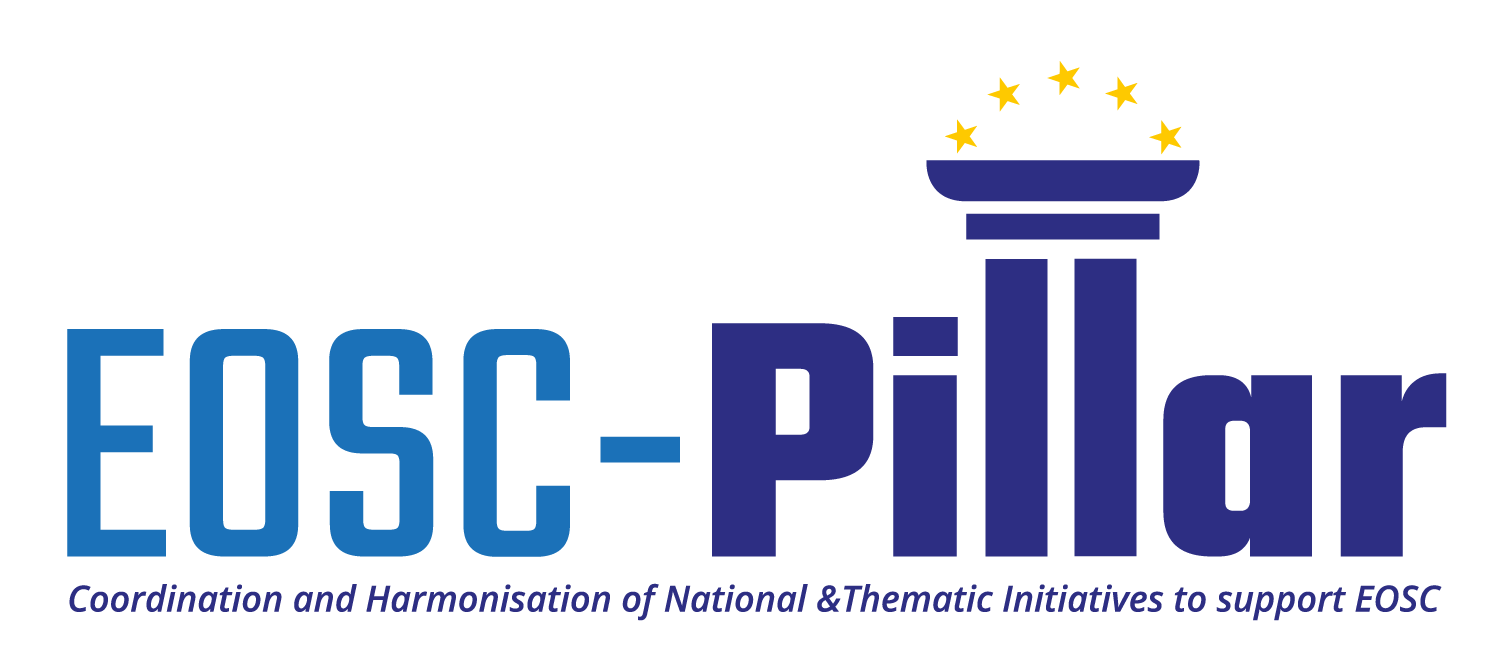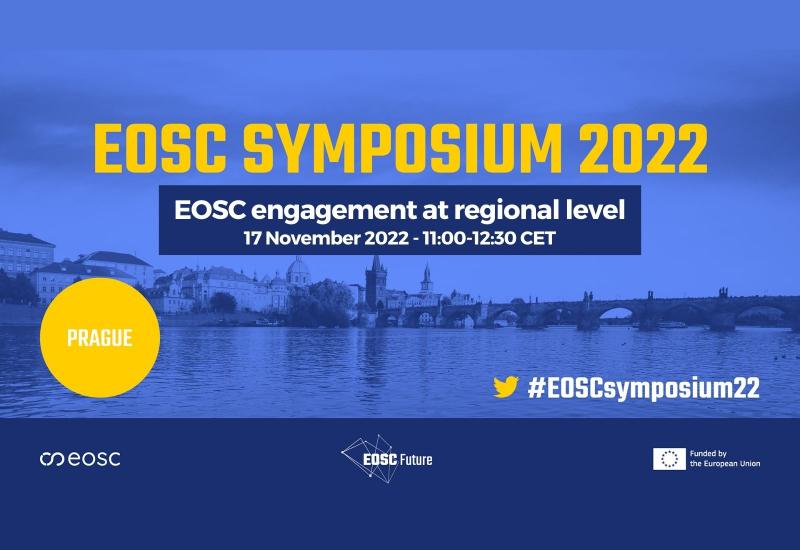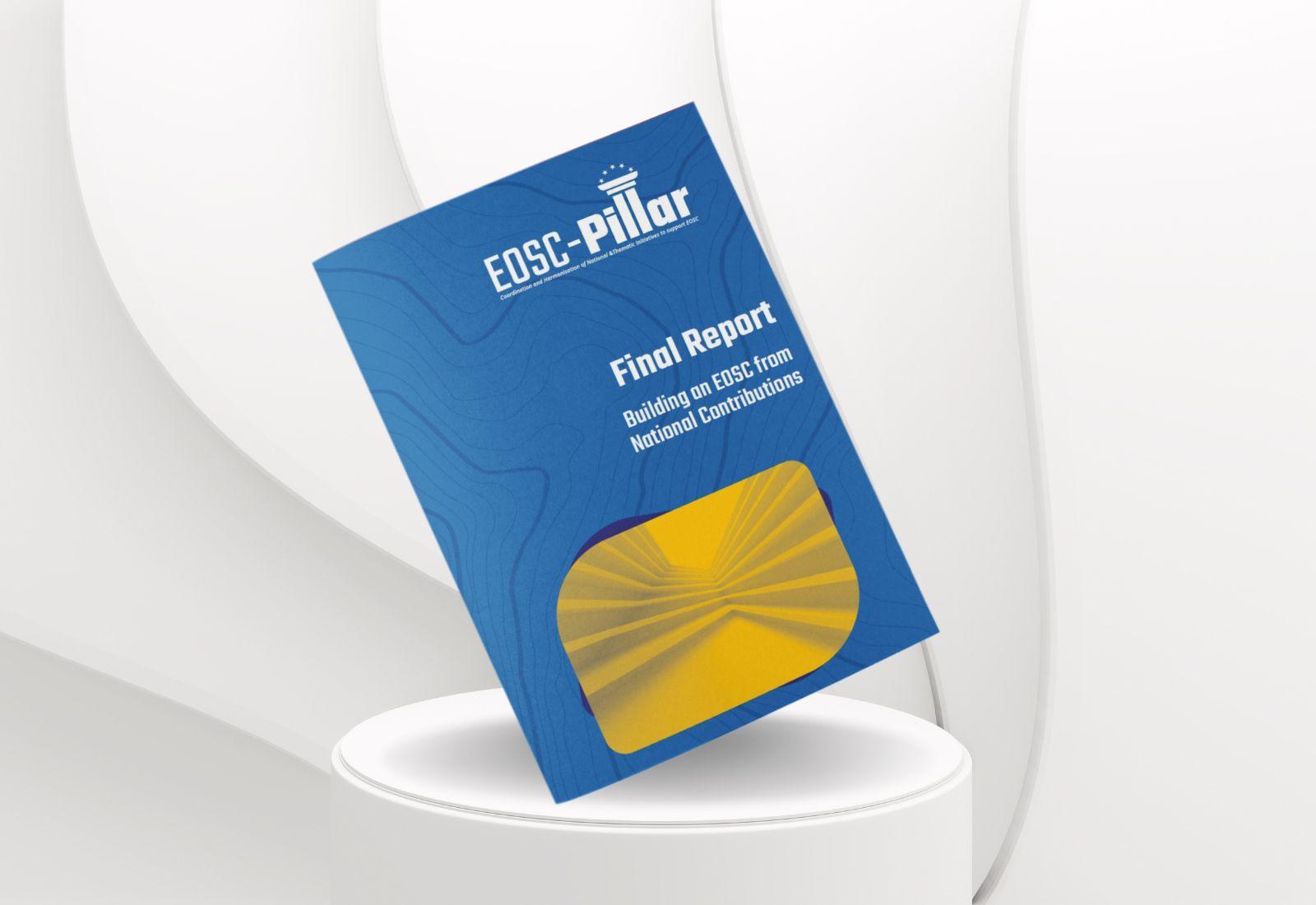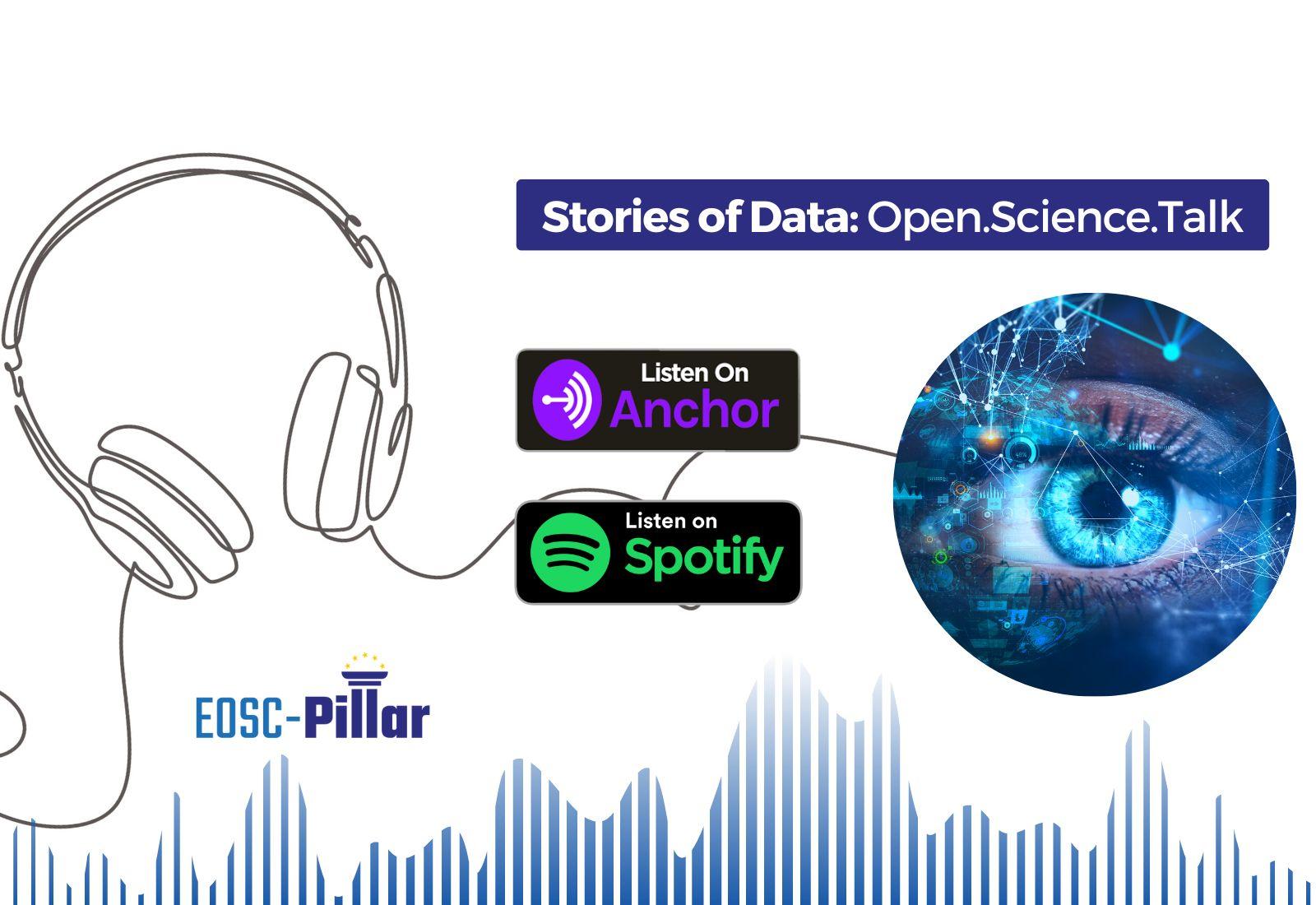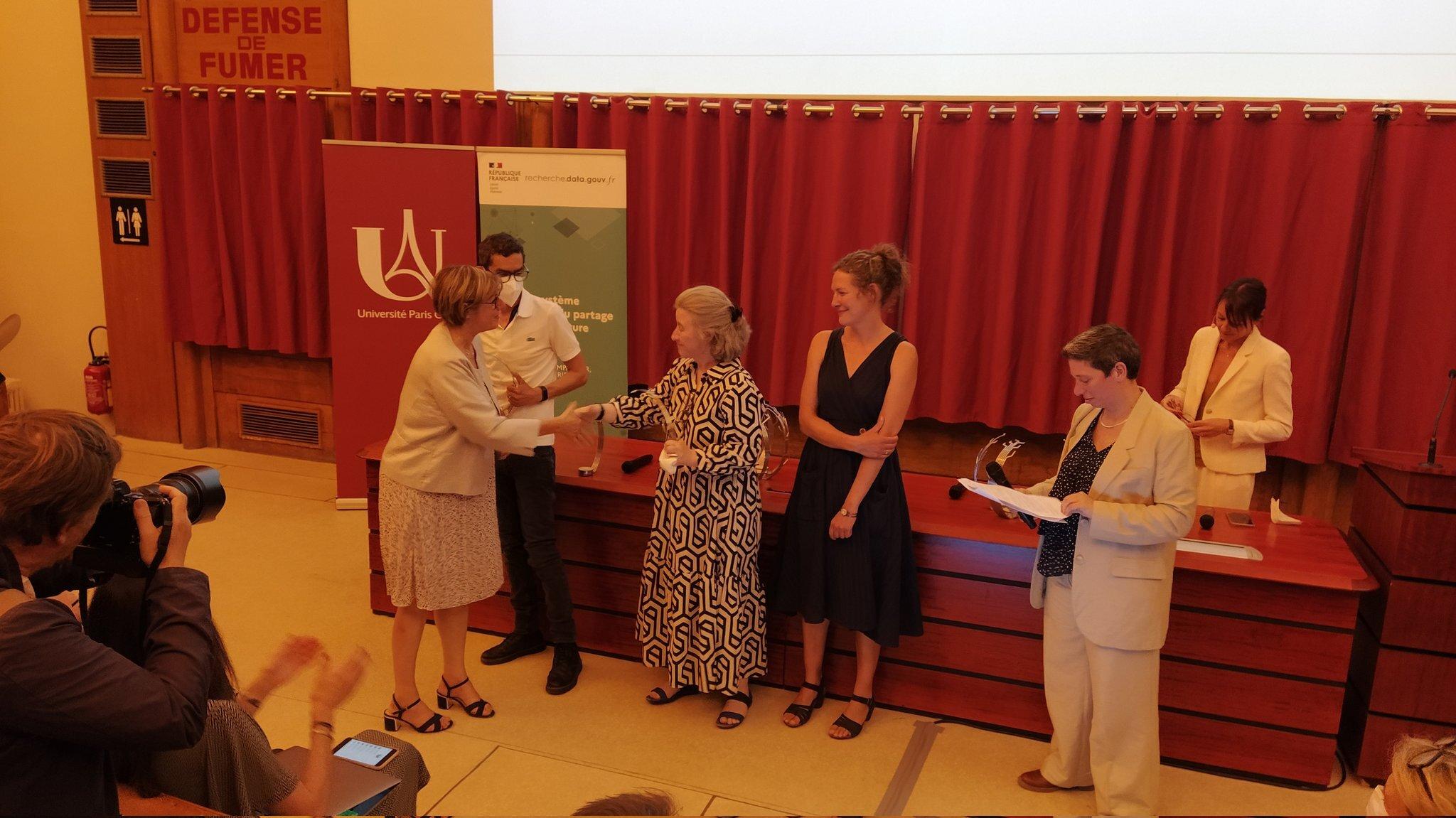
Turning points for Open Science in Italy: national OS plan advances with ICDI
March
08,
2021
News
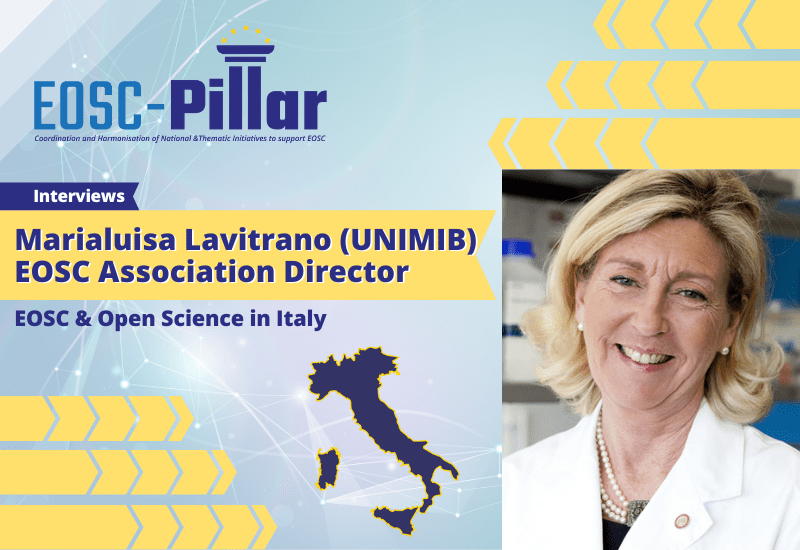
2020 was a critical turning point in a wide range of sectors across Europe, and Open Science was no exception. The newly-elected EOSC Association Director Marialuisa Lavitrano (UNIMIB) offered some precious insights on the latest developments in the OS landscape in Italy, such as the evolution of ICDI (Italian Computing and Data Infrastructure) as an actor contributing to fundamental processes for OS.
“[In 2020] we set the basis of what will become the legal entity to drive OS in Italy and represent our country in the EOSC Association: [ICDI] had started the year before as a very lightweight and informal forum where some OS enthusiasts started discussing common issues and ideas, but it was with 2020 that we gained momentum and became really representative of the research and academic scenario.”
ICDI can now count on the collaboration of a growing number of universities, many of which eager to engage with the wider EOSC environment, as shown by the many Italian universities that have applied as members of the EOSC Association.
“2020 was also the moment when we stopped just discussing things and started doing them: we set up shadow working groups to support the work of our national representatives in the EOSC Executive Board ones, and we created three very ambitious and still very practical task forces to support the creation of a national Competence Centre for Open Science, to create a National Federated Cloud dedicated to research and to support the sharing of clinical data - an especially relevant topic these days.”
Experts from ICDI have also contributed substantially to drafting the upcoming National Open Science Plan, which will likely play a key role to advance OS in Italy.
EOSC as a framework for tackling global challenges
Lavitrano stated that EOSC is one of the most ambitious actions ever taken to implement Open Science, and it can build on Europe’s unique position in terms of collaboration.
The (relatively) homogeneous legal, regulatory and cultural framework that European countries have in place can be an advantage when addressing a variety of international challenges, which need a significant paradigm shift such as the one required by the Open Science vision.
This was particularly true when the scientific community had to face the COVID-19 pandemic, which according to Lavitrano, “has dramatically highlighted our lack of preparation in a moment where timely data sharing could have literally saved lives.”
At the same time, it also spectacularly demonstrated the importance of open data sharing and the need to make it a reality in time for the next big challenge. Data also need to be FAIR-by-design when such global issues come up because it would be much more complicated to FAIRify data afterwards, while researchers are busy dealing with these major challenges.
As Lavitrano points out, this pandemic might even be considered a fire drill, when compared to climate change, but “the good news is that Open Science is here to help, so let’s make it happen.”

Photo by Nicolò Salinetti on Unsplash
EOSC as an enabler for Open Science in Italy
The past few months have been extremely lively for the OS community in Italy, leading up to the establishment of the EOSC Association and following its first official steps.
“As the Association became a reality, ICDI received many requests for information and participation from institutions that were not in the OS loop or only marginally by that time. This has led to much better sharing of OS goals and increased interest in joining the soon-to-be legal organisation, but also, at a more practical level, in participating in task forces.”
The EOSC Association has also increased the level of interest and attention ICDI is receiving from the Ministry of University and Research and from several Academic and Research organisations, which is fundamental in order to think big and start a movement in Italy.
“A lot of what happens in terms of strategic priorities, enabling infrastructures and funding, happens at the national level, and National Initiatives are essential to leveraging these aspects while gathering a large and active community of Open Science “believers”.”
It is fundamental that the national and transnational levels are aligned and intertwined to really make things happen, especially at the current stage when so many aspects still need to be defined.
There are no specific national guidelines yet, but with the upcoming approval of the national Open Science Plan along with the creation of a national service catalogue in ICDI (in collaboration with EOSC-Pillar), there will soon be news in this respect.
An interesting aspect of the Italian landscape, according to Lavitrano, is that “in Italy, Open Science was born with a bottom-up initiative and in this spirit, we are doing a lot of community engagement,” which is partly compensating for the temporary lack of a national system of incentives.
EOSC-Pillar and ICDI
ICDI also plays a relevant role in relation to EOSC-Pillar, considering that several ICDI members are project partners as well. In particular, GARR, the coordinator of EOSC-Pillar, is also the convenor of the national initiative and represents ICDI as a mandated organisation in the EOSC Association, pending the establishment of the new legal body.
We can say that the initial concept for this project came from the discussion between the Italian and French initiatives, as well as from the recognition needed to encourage the growth of national initiatives and support their role as one of the key pillars for EOSC’s success.
There are regular update sessions during ICDI meetings, where the latest developments of the EOSC-Pillar project and the opportunities for the community are discussed. ICDI members are also committed to providing input to EOSC-Pillar activities when this is required, resulting in a fruitful exchange of ideas for both parties.
“ICDI is a community and therefore can reach out where the Association alone cannot. Many of the members are at the forefront of Open Science in our country, with decades of experience in the different aspect of data sharing, and their advice is highly sought after by research and academic institutions that are just starting to develop their own OS strategy. And this is just the beginning because once ICDI’s national Competence Centre is fully operational we will be able to engage many more entities.”
The plan to create a national service registry and federated data repositories across the country also goes in the same direction. National initiatives will be able to act as a multiplier for EOSC. Last but not least, Lavitrano is confident that a solid backing from ministries and national institutions will help ICDI influence the strategic planning for multidisciplinary research in the future.
This concludes our series of interviews with directors of the EOSC Association coming from EOSC-Pillar countries. In case you missed them, you can read our chats with Klaus Tochtermann (ZBW) and Suzanne Dumouchel (CNRS, Huma-Num).
As EOSC-Pillar, we will keep interacting with ICDI and other relevant national initiatives for the benefit of the EOSC Community, bringing together all relevant stakeholders to co-design and deploy a European Research Data Commons, where data are findable, accessible, interoperable and reusable (FAIR), and also as open as possible.



